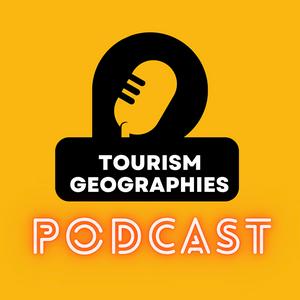Destabilising the home: place making, dark tourism and the spectral
https://www.tandfonline.com/doi/full/10.1080/14616688.2024.2412547AbstractGhosts, hauntings and the spectral are intrinsically linked to sites of dark tourism. Supernatural stories commonly emerge in places connected with tragedy, death and the macabre, forming spectral geographies in which the past and present intertwine. Visiting places of supernatural significance has long been of interest to tourists (Holmes and Inglis, 2004), however, in the last two decades a considerable ‘ghost-hunting’ subculture has emerged alongside commercial events and tourist attractions dedicated to engaging visitors with spectral possibilities (Eaton, 2020; Ironside, 2018). As a result, places associated with ghost folklore including private homes, hotels, and heritage buildings, have become popular travel destinations due to their supernatural associations. Film and television media are often credited with the popularisation of haunted places (Edwards, 2019; Hill, 2010); however, more recently web-based and social media platforms have become spaces for promoting, reporting, and sharing paranormal experiences. In this paper, we explore the construction of spectral geographies, specifically haunted houses, through online narratives. By drawing upon textual analysis of both marketing and online reviews we analyse two cases, 30 East Drive and The Ancient Ram Inn, and explore how these private homes have been transformed into sites of dark tourism through digital storytelling and discourse. Through our analysis we consider how personal experience, intertextuality, and uncanny signifiers contribute to a form of placemaking through digital media and storytelling (Halegoua & Polson, 2021), experiential consumerism (Pine & Gilmore, 2011) and an evolving spiritual quest culture (Eaton, 2015). Hosted on Acast. See acast.com/privacy for more information.
